If you have decided to start of learning Python! One of the most common questions from everyone is “What’s the best way to learn Python?”
I believe that before you starting any programming language, first sure that you understand how to learn the most critical skill involved in computer programming.
Why is knowing how to learn any programming language so important? The answer is so simple: because the languages evolve, libraries are created, and tools are upgraded. Learning will be important to keeping up with these changes and becoming a successful programmer.
This article offer several learning strategies that will help you to start your journey of becoming a Python programmer!
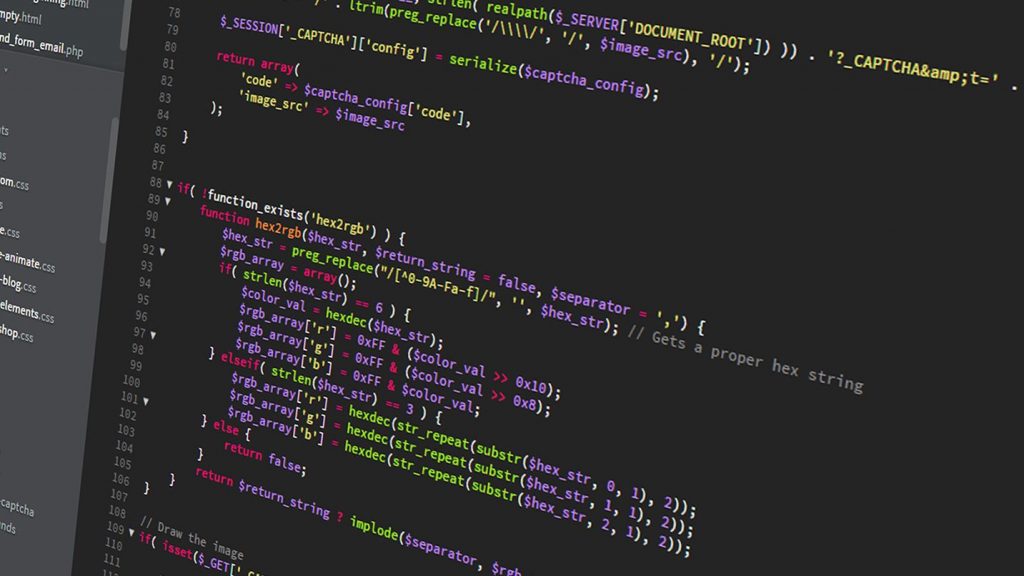
Tip #1: Code Everyday
Consistency is very important when you are learning a new language. We recommend making a commitment to code every day. It may be hard to believe, but muscle memory plays a large part in programming. Committing to coding everyday will really help develop that muscle memory. Though it may seem daunting at first, consider starting small with 25 minutes every day and working your way up from there.
Tip #2: Write It Out
As you progress on your journey as a new programmer, you may wonder if you should be taking notes. Yes, you should! In fact, research suggests that taking notes by hand is most beneficial for long-term retention. This will be especially beneficial for those working towards the goal of becoming a full-time developer, as many interviews will involve writing code on a whiteboard.
Once you start working on small projects and programs, writing by hand can also help you plan your code before you move to the computer. You can save a lot of time if you write out which functions and classes you will need, as well as how they will interact.
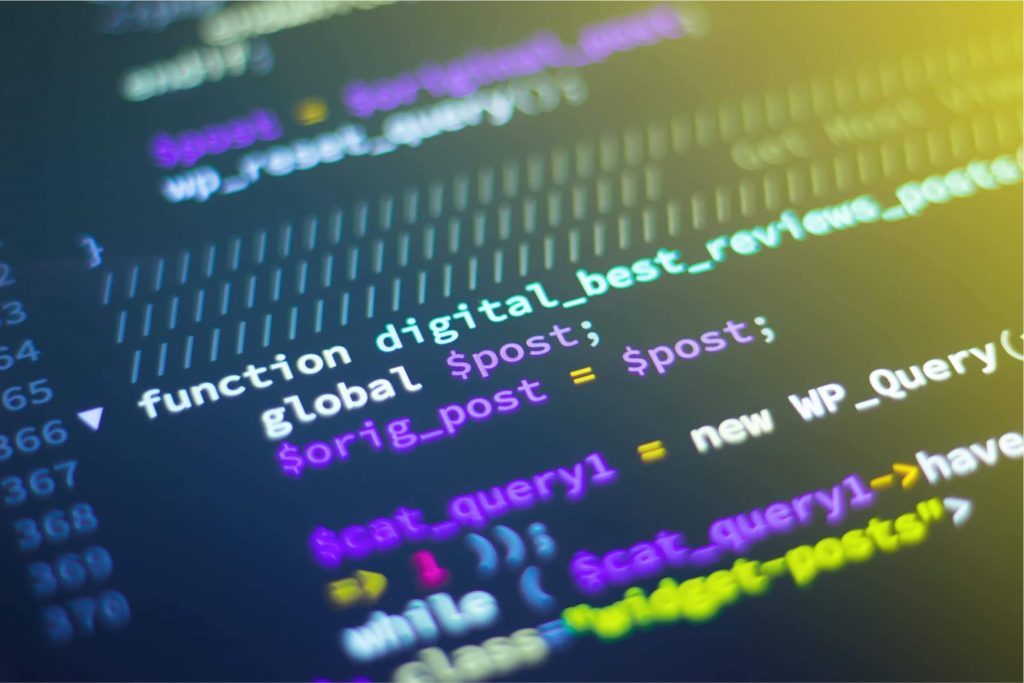
Tip #3: Go Interactive!
Whether you are learning about basic Python data structures. For the first time, or you are debugging an application, the interactive Python shell will be one of your best learning tools.
To use the interactive Python shell also called
a Python REPL , first make sure Python is installed on your computer. .
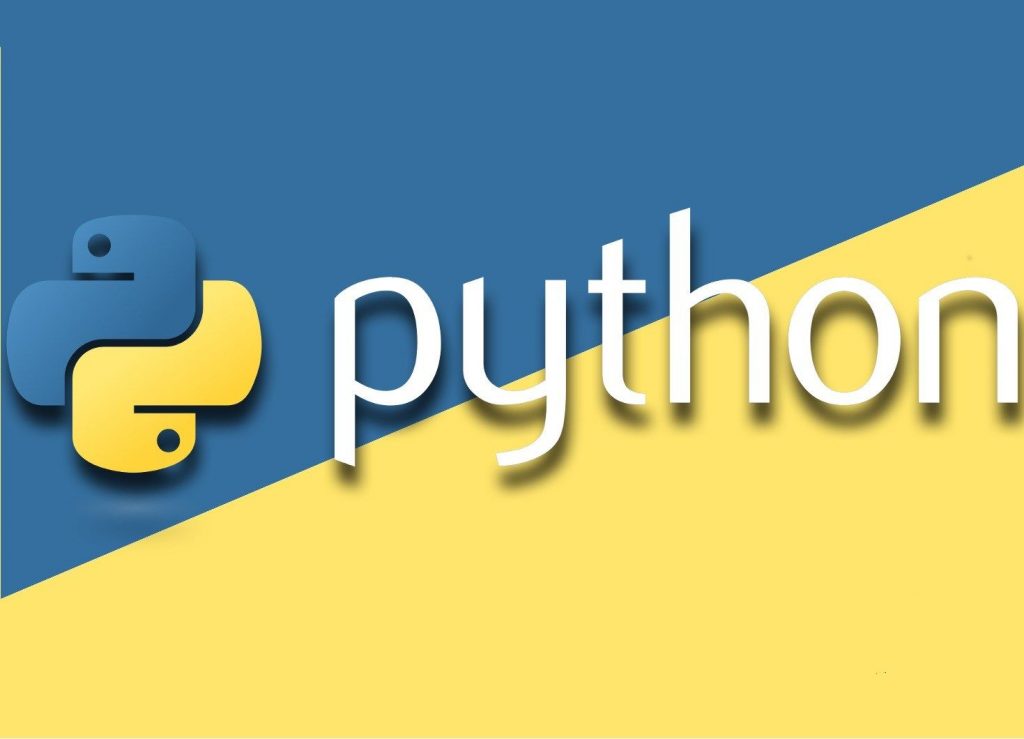
Tip #4: Take Breaks
When you are learning, it is important to step away and absorb the concepts. This method can help: you work for 25 minutes, take a short break, and then repeat the process. Taking breaks is critical to having an effective study session, particularly when you are taking in a lot of new information.
Breaks are especially important when you are debugging. If you hit a bug and can’t quite figure out what is going wrong, take a break. Step away from your computer, go for a walk, or chat with a friend.
In programming, your code must follow the rules of a language and logic exactly, so even missing a quotation mark will break everything. Fresh eyes make a big difference.
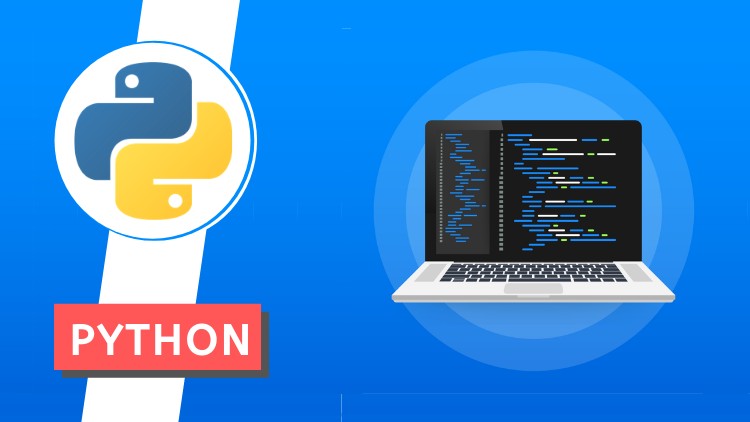
Tip #5: Become a Bug Bounty Hunter
Speaking of hitting a bug, it is inevitable once you start writing complex programs that you will run into bugs in your code. It happens to all of us! Don’t let bugs frustrate you. Instead, embrace these moments with pride and think of yourself as a bug bounty hunter.
When debugging, it is important to have a methodological approach to help you find where things are breaking down. Going through your code in the order in which it is executed and making sure each part works is a great way to do this.
Tip #6: Surround Yourself with Others Who Are Learning
Though coding may seem like a solitary activity, it actually works best when you work together. It is extremely important when you are learning to code in Python that you surround yourself with other people who are learning as well. This will allow you to share the tips and tricks you learn along the way.
Tip #7: Teach
It is said that the best way to learn something is to teach it. This is true when you are learning Python. There are many ways to do this: white boarding with other Python lovers, writing blog posts explaining newly learned concepts, recording videos in which you explain something you learned, or simply talking to yourself at your computer. Each of these strategies will solidify your understanding as well as expose any gaps in your understanding.
Tip #8: Pair Program
Pair programming is a technique that involves two developers working at one workstation to complete a task. The two developers switch between being the “driver” and the “navigator.” The “driver” writes the code, while the “navigator” helps guide the problem solving and reviews the code as it is written. Switch frequently to get the benefit of both sides.
Pair programming has many benefits: it gives you a chance to not only have someone review your code, but also see how someone else might be thinking about a problem. Being exposed to multiple ideas and ways of thinking will help you in problem solving when you got back to coding on your own.
Tip #9: Ask “GOOD” Questions
People always say there is no such thing as a bad question, but when it comes to programming, it is possible to ask a question badly. .
Good questions can save a lot of time. Skipping any of these steps can result in back-and-forth conversations that can cause conflict. As a beginner, you want to make sure you ask good questions so that you practice communicating your thought process, and so that people who help you will be happy to continue helping you.
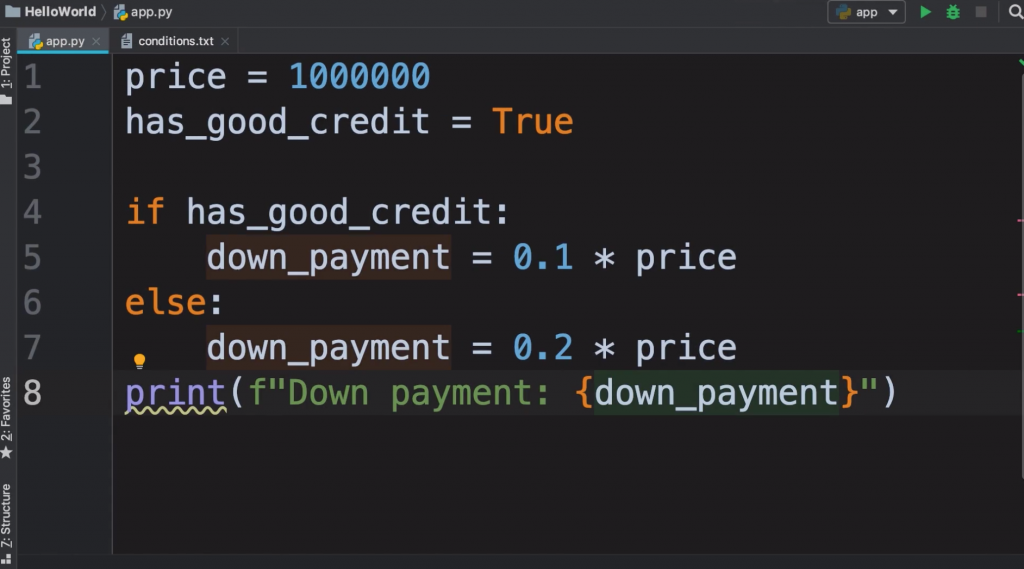
Tip #10: Build Something, Anything
For beginners, there are many small exercises that will really help you become confident with Python, as well as develop the muscle memory that we spoke about above. Once you have a solid grasp on basic data structures, object-oriented programming, and writing classes, it’s time to start building!
What you build is not as important as how you build it. The journey of building is truly what will teach you the most. You can only learn so much from reading Real Python articles and courses. Most of your learning will come from using Python to build something. The problems you will solve will teach you a lot.
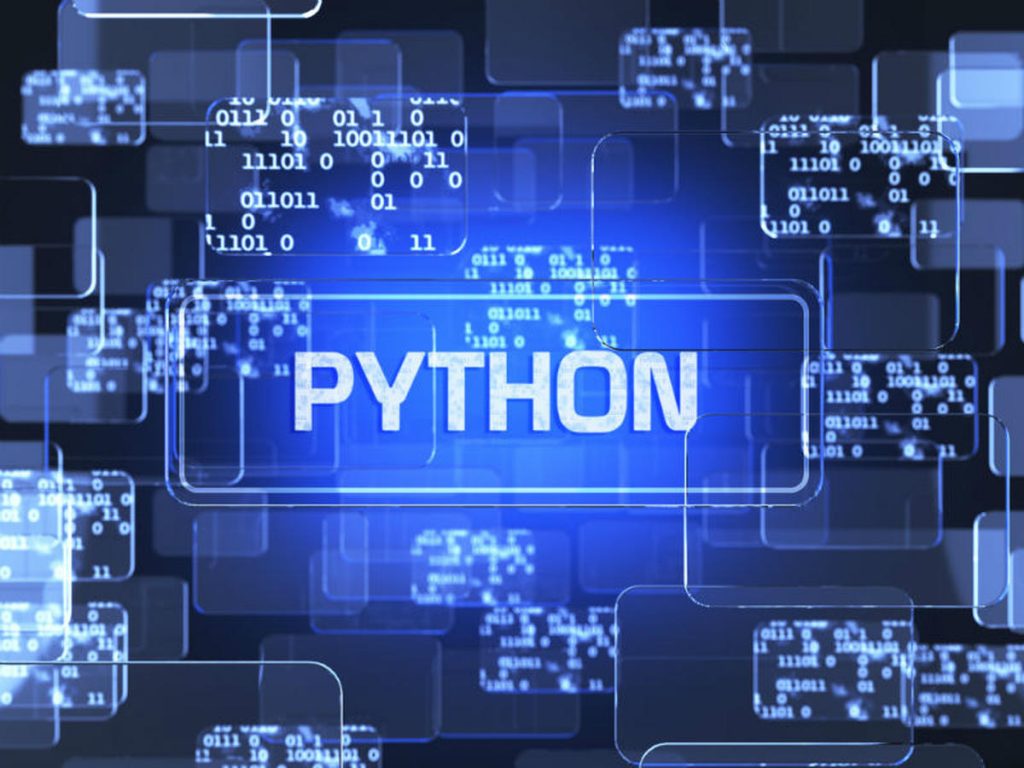
Tip #11: Contribute to Open Source
In the open-source model, software source code is available publicly, and anyone can collaborate. There are many Python libraries that are open-source projects and take contributions. Additionally, many companies publish open-source projects. This means you can work with code written and produced by the engineers working in these companies.
Contributing to an open-source Python project is a great way to create extremely valuable learning experiences. Let’s say you decide to submit a bug fix request: you submit a pull request for your fix to be patched into the code.




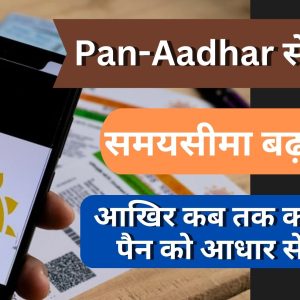

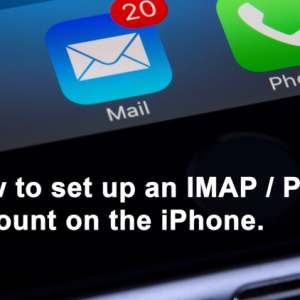
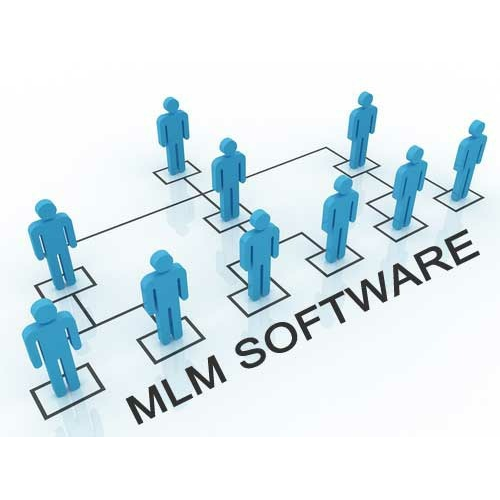

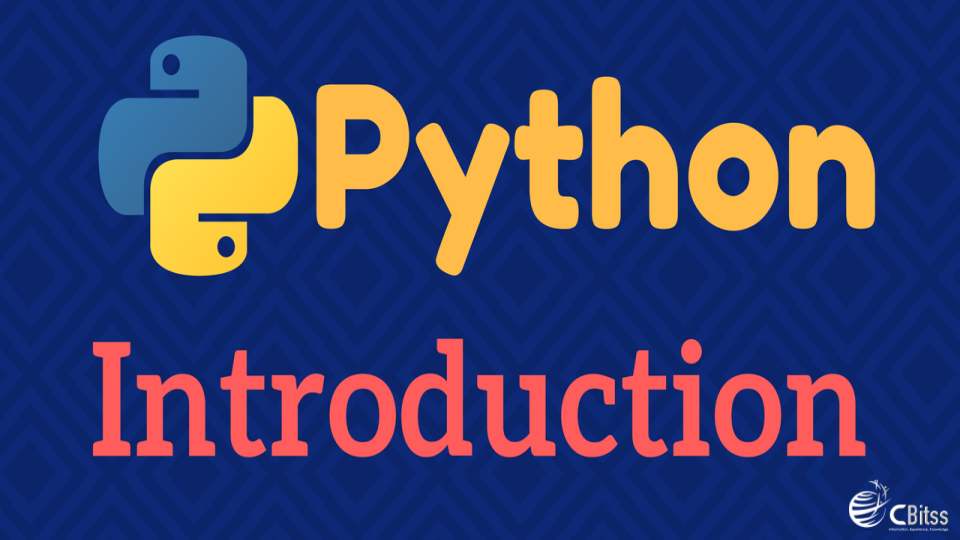



4 Comments
Comments are closed.